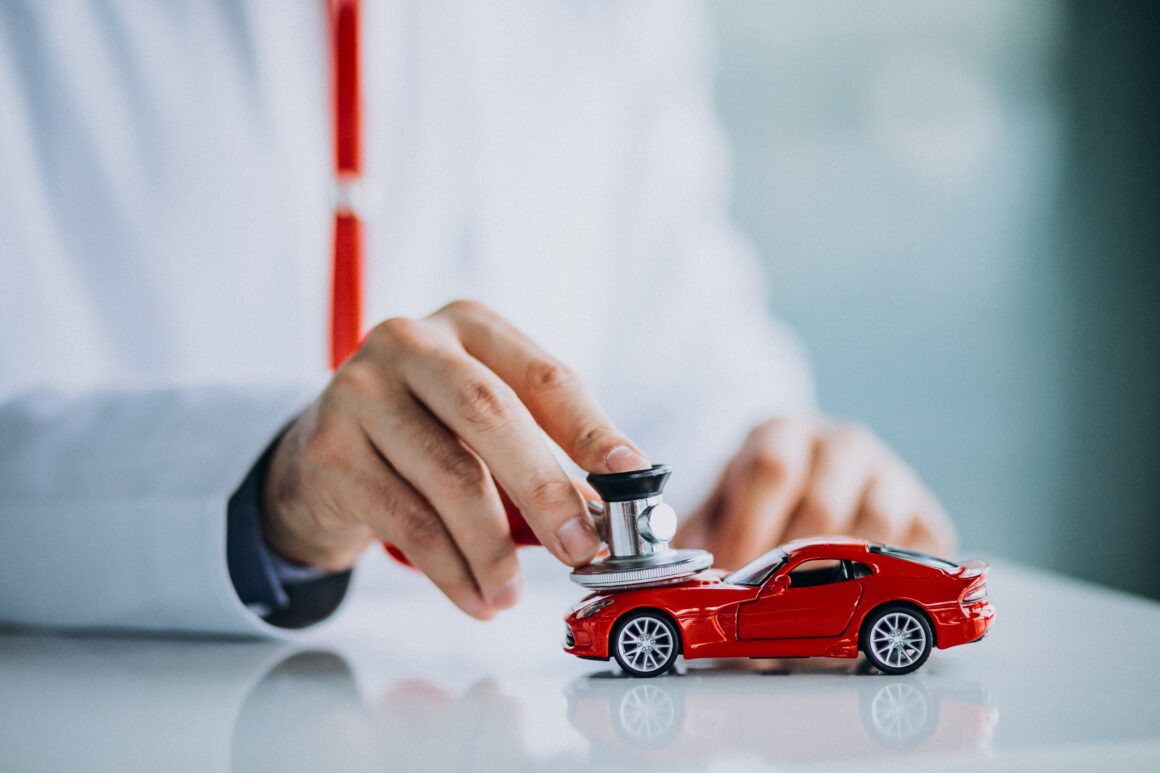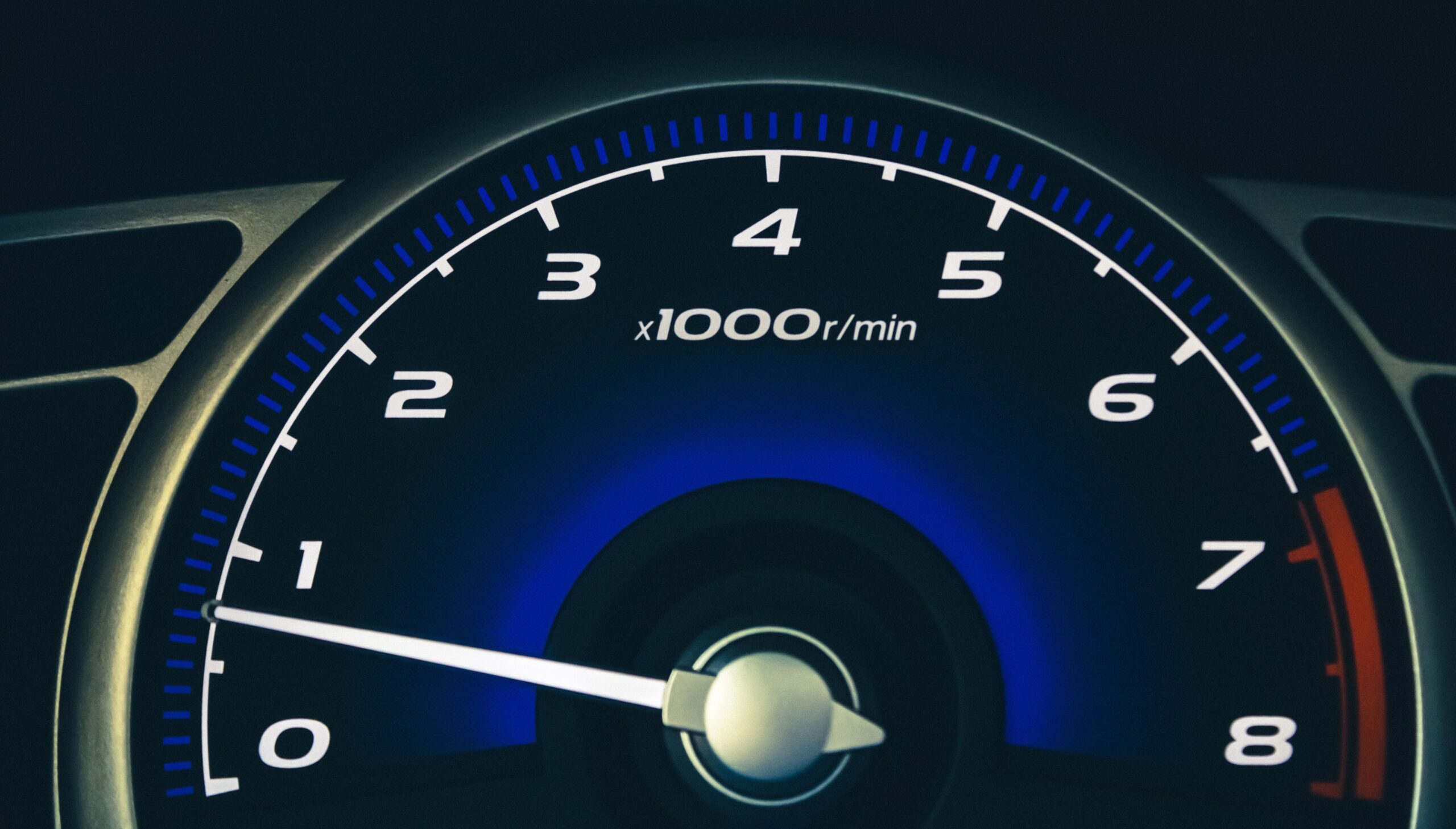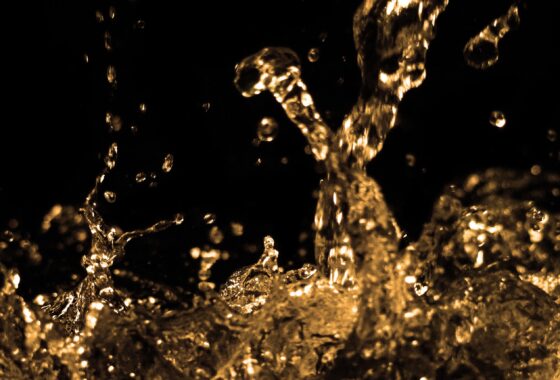
The diesel injector is responsible for the correct distribution of fuel to each cylinder having been pressurised by the fuel pump, a necessary element of the combustion process which powers a vehicle.
They typically consist of several components which work harmoniously to control the fuel injection process, including a nozzle, a valve, a solenoid and a needle. The fuel injection timing is crucial for optimal combustion. It needs to be precisely synchronised with the engine’s cycle. In modern diesel engines, this timing is controlled by the engine’s electronic control unit (ECU). The ECU receives input from various sensors to determine the ideal injection timing for a given operating condition.
Passing through the nozzle, the spray pattern must be evenly dispensed within the combustion chamber to work efficiently, hence why the injector opens and closes multiple times in under a second as the fuel mixes with air within the chamber. If too much or too little fuel reaches the engine, it will lead to it running rich or lean, causing the vehicle to potentially stall. With a higher compression ratio than their petrol counterparts, a higher level of pressure resides within the cylinders to ensure proper atomisation and fuel distribution which, in turn, creates more heat, igniting the fuel to kick-start your vehicle.
When an injector develops a fault, it can cause a myriad of problems which can ricochet through your vehicle if left undiagnosed, impacting both performance and your wallet. From improper fuel delivery and defective pressure sensors to solenoid failure and contaminated fuel, there are countless reasons for injector failure.
Common Causes of Injector Failure
Contaminated, Low Quality Fuel
One of the primary reasons for diesel injector failure is the presence of contaminants in the fuel – dirt, water, or other debris. These contaminants can clog or damage the injector nozzles, affecting their performance and eventually causing failure. The quality of the diesel fuel used can also have a significant impact on the longevity of the injectors. Low quality or adulterated fuel may contain impurities that can progressively damage the injector.
Before manufacturing, diesel injectors are equipped with tolerances which impact their functionality once in action, maintaining reliability and consistency. For instance, if the injector fails and no longer adheres to the set tolerance, the spray trajectory of the fuel is impacted, diminishing engine performance. If the contaminants take hold, the tolerances set by the manufacturer can be altered. This introduces corrosion to the metal with prolonged exposure, a key ingredient to engine failure.

Carbon Deposits and Nozzle Wear
Carbon deposits can accumulate on the injector nozzles, reducing their efficiency. The constant opening and closing of the injector nozzles can cause wear over time. The injector needle is connected to the nozzle and is responsible for opening and closing the fuel flow. If the needle sticks due to deposits, it can cause improper fuel delivery or even a complete blockage. This wear can affect the precise fuel atomisation and spray pattern, leading to reduced engine performance, advancing to injector failure. When a diesel injector nozzle fails, it is typically recommended to replace the entire injector unit . It’s essential to address the root cause of the failure to prevent future issues.

Injector Tip Erosion and Seal Failure
High pressure diesel fuel can cause erosion of the injector tip, particularly if the fuel has a high sulphur content. This erosion can lead to changes in fuel flow and spray distortion, resulting in demise of your injector. Injector tip erosion can result from multiple factors. These include poor fuel quality, combustion conditions, abrasive fuel additives and fuel injection system mechanical issues. If you notice any symptoms of injector tip erosion or fuel leakage, have your engine inspected by a qualified technician.
The injectors rely on seals and O-rings to maintain proper fuel pressure and prevent leaks. If these seals between the injector and engine deteriorate or fail, it can result in fuel leakage and decreased performance. Some common signs of failure include fuel odour, visible fuel leaks around the injectors, engine misfires, decreased fuel efficiency, and black smoke from the exhaust. When a failed seal is identified, it is important to address the issue promptly to prevent further damage and restore proper engine performance.

Incorrect Injector Timing
Proper injector timing is crucial for efficient combustion. By adjusting the timing of fuel injection, the engine can optimise combustion for different operating parameters, such as engine speed, load, and temperature. Advancing the injection timing (injecting fuel earlier) can help improve power output and torque, especially at higher engine speeds. However, advancing the timing too much can cause knocking or pinging, excessive heat, and increased emissions. If the injectors are not timed correctly, it can lead to fuel being injected at the wrong moment or in the wrong quantity. This can result in poor engine performance, increased emissions and injector failure down the line.

Lack of Maintenance
Regular maintenance, including fuel filter replacement, is essential to prevent injector failure. Neglecting maintenance tasks can allow contaminants to accumulate, leading to clogged or damaged injectors. Excessive heat can also cause the diesel injectors to fail. This can happen due to factors such as poor cooling system maintenance, prolonged high engine temperatures, or inadequate fuel supply to cool the injectors. Heat can cause components to expand, leading to leaks or damage within the injector system.

It is worth noting that some of these factors are interconnected. Multiple causes can contribute to diesel injector failure. Proper fuel quality, regular maintenance and addressing any issues promptly can help prevent premature injector failure and ensure optimal engine performance.
Symptoms of Injector Failure
Is Your Injector Knocking on Heaven’s Door?
Engine knock has become a feared term in the world of diesel fuel injection and rightfully so. As the injector opens and closes to feed fuel through to the engine, the driver may hear a ticking or knocking sound, a result of the fuel not burning sufficiently within the cylinders. The root cause of this is timing. If the injector fires and the piston moves not in tandem, the knocking sound manifests. This is also a sign that more engine components could be contributing to the misfire. So, taking the vehicle to a diagnostic specialist and replacing your injectors if necessary is imperative.

Examine Your Dashboard Warning Lights – Is Your Check Engine Light On?
In the initial stages of injector failure, it is likely that your check engine light will illuminate. Of course, it is not possible to immediately link this event with your injectors, however, if paired with other symptoms, the diagnosis may be more straightforward. Take note of any abnormalities and schedule an inspection for a diagnosis as quickly as possible. Dependant on the vehicle manufacturer, some will blink or turn red to indicate a more serious engine issue.

Is Your Vehicle Stalling or Misfiring?
Is your vehicle refusing to turn over? There may be an issue with your injector – a result of your engine not getting the level of fuel needed to operate. Is your vehicle consistently stalling? Has your injector become tarnished and dirty? The fuel flow is likely reduced. This causes performance to plummet due to loss of pressure, even becoming blocked entirely so no fuel can enter the cylinder. Any deposits present in the injector can also block electrical current from reaching the injector, meaning it is then unable to fire. If your injector is faulty, you may experience engine misfire. With no spark plug present in diesel engines, the injector is under full pressure to deliver on the fuel demand. If the timing is off kilter, expect misfires along with decreased power and increased fuel consumption.

Are Exorbitant Fuel Prices and Consumption Burning a Hole in Your Pocket?
With fuel prices rising, decreasing fuel consumption and boosting fuel economy is at the forefront of many road user’s minds. If you experience a drop in efficiency and find yourself visiting the nearest fuelling station far more frequently, your injectors could be the culprit. Likewise, if your engine is receiving too much diesel and running rich, damaging exhaust emissions could be on the rise, often leading to MOT failure. If your engine is running rich, you may also notice a cloud of black soot exiting your exhaust pipe otherwise known as unburned fuel due to the excessive injection during the combustion process. In a similar vein, blue smoke is an indicator of a leakage in the combustion chamber due to injector seal failure. Monitor excessive exhaust emissions of any colour closely.

Is Your Engine Sputtering or Showing Signs of Distress?
Furthermore, if you find your engine sputtering, there is a chance your engine could be running lean. This is a very gradual development, often overlooked by the vehicle owner as it is incredibly hard to identify. However, there are a few subtle indicators to look out for. The vehicle may develop a slight vibration and some changes to the sound of the engine could occur. A classic sign of injector failure is to determine how difficult the engine is to start when cold. A poor start would indicate inaccurate timing and incorrect fuel delivery. Likewise, fluctuating, unstable RPM is a mark of engine distress.

The threat of a failing injector often looms over vehicle owners like the sword of Damocles. So, if you notice any of the above symptoms, act sooner rather than later.
Has your diesel fuel injector flatlined?
Have no fear. We have the replacement part you need to breathe fresh life into your engine.
As authorised diesel distributors for the likes of Delphi Technologies, Bosch, Denso and Perkins, along with over 75 years of experience in the fuel injection industry, we’ve got you covered.
Click here to view a full range of replacement fuel injectors.









